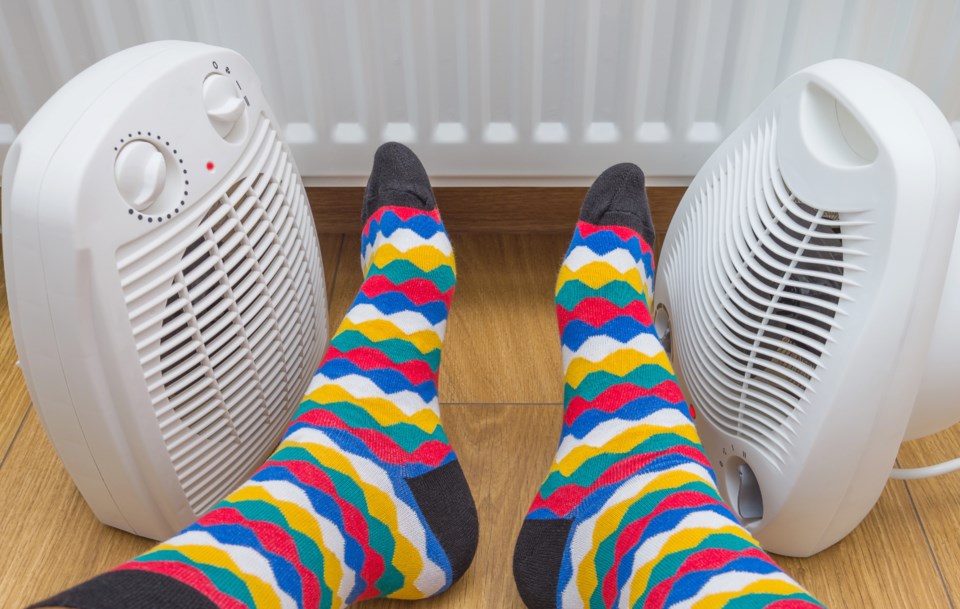Cooler temps mean the home heating season is here. To help prepare, S.& T. Group has put together a list of four helpful tips homeowners can use when choosing a home heating solution.
1. Consider more than the price
Price is important. And most people in need of a home heating solution start their search with a budget in mind. But decisions about the best home heating system shouldn’t be based solely on price. The adage, ‘you get what you pay for’ applies here. “In addition to looking at the price, consider essential features necessary to achieve optimal efficiency, durability and home comfort level – like system sizing and quality of products,” says Tori Zultek, Account Representative, S.& T. Group. “You may pay more upfront, but you will be saving money on repair costs and service charges during the lifespan of the equipment.” The quality of internal components is important as they improve the longevity of equipment. For example, some manufacturers install stronger, corrosion-resistant stainless-steel tubular heat exchangers as opposed to competitors who opt for aluminium products .
2. Bigger isn’t always better
The size of the heating solution can have a significant impact on your home comfort levels. Purchasing a system that is too large for your home could cost extra money upfront and on your monthly utility bills. Large equipment will heat your home quickly, but likely overshoot the output, causing your system to be overworked and potentially lead to damaging outcomes including wear and tear or failure. “Furnaces run more efficiently when they are heating at a steady-state over long periods,” says Ash McMinn, HVAC Supervisor, S.& T. Group. “When a furnace heats a home too quickly it cycles on and off more frequently, reducing the life of the equipment.”
Alternatively, purchasing heating equipment that is too small may reduce the capacity for heat to reach all areas of your home, causing inconsistent temperatures throughout your space.
To find the best home heating solution, choose a licensed heating contractor who evaluates the load circulation, structure and square footage of your home.
3. Understand the lifespan of current equipment
Your home heating system is a large investment and naturally you want it to last as long as possible, but running old equipment can have various consequences including unreliable temperatures and frequent repairs which increase operation costs. There could even be the risk of carbon monoxide poisoning caused by cracked heat exchangers. This is why homeowners are better off upgrading heating equipment before it breaks down. “The recommended lifetime for a furnace is approximately 15-20 years depending on brand quality and maintenance care,” says Zultek. “If your equipment is approaching that stage of life, we recommend you schedule a licensed heating technician to inspect your equipment and conduct a thorough survey to see if it is worth upgrading.”
4. Consider the risks associated with out-of-date equipment
Homeowners should avoid using out-dated equipment or heating sources like oil. Not only can replacement parts for older systems be difficult to source if your furnace breaks down, but dated equipment could produce excess dust or mould and cause respiratory problems for you or your family members. Heating your home with oil carries environmental and financial risks – residential oil spills could cost hundreds of thousands of dollars to clean up. Electric, propane or natural gas heating solutions are safer alternatives to consider.
Whether you’re building a home or want to upgrade to a new furnace, fireplace, heat pump or boiler, choosing a licensed contractor to assess your space and offer advice on the best home heating solution could not only save you money, but also provide you with improved home comfort for you and your family during colder months.
